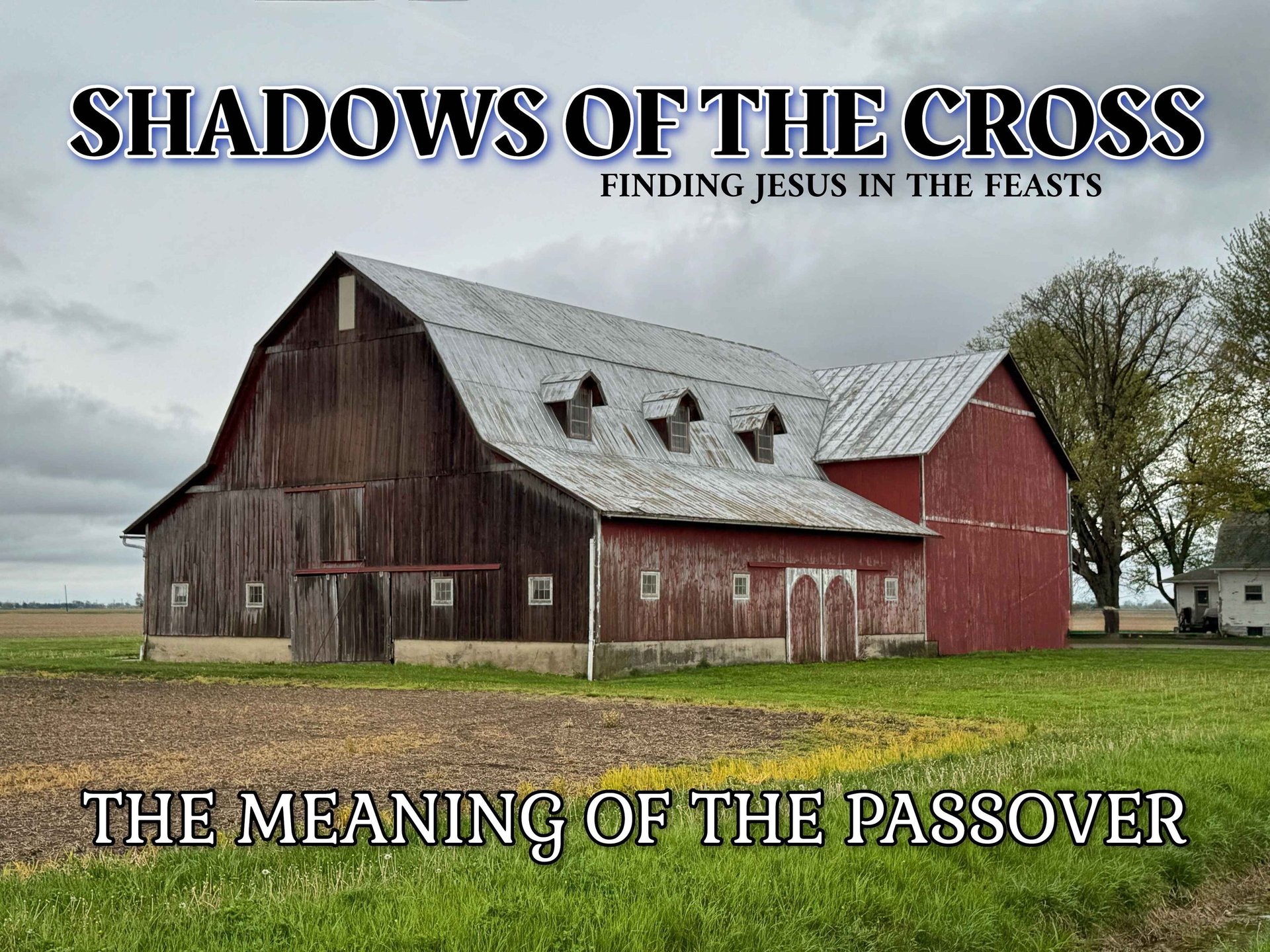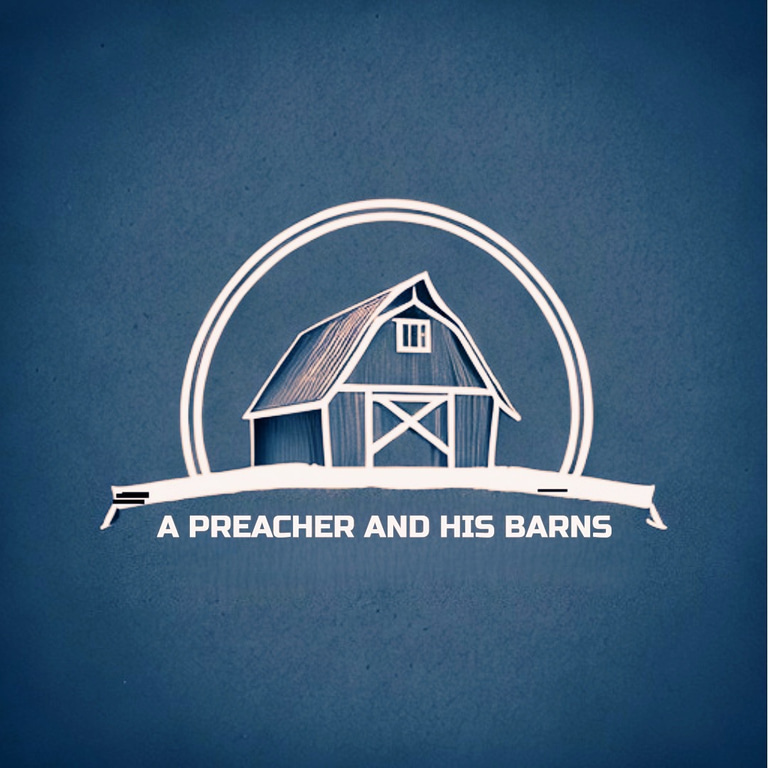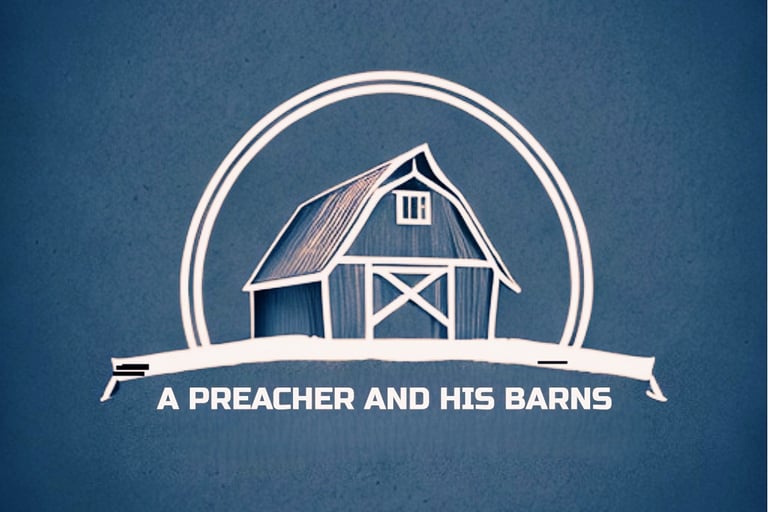The Meaning Of The Passover
During the Exodus, God commanded that the only acceptable sacrifice for deliverance was an unblemished lamb (Exodus 12:5). Why a lamb?


The Meaning Of The Passover
John 1:29
“The next day he saw Jesus coming to him and said, ‘Behold, the Lamb of God who takes away the sin of the world!’”
At its heart, the Passover is a living prophecy of the cross. Every detail points us to Jesus—His purity, His sacrifice, His blood, His suffering, His fellowship, His victory, and His memorial.
Let’s begin with the lamb. In the Garden of Eden, God warned Adam and Eve that sin would bring death. Yet, in His mercy, God allowed a substitute: the death of another in the sinner’s place. From that moment forward, substitutionary sacrifice became the picture of redemption.
During the Exodus, God commanded that the only acceptable sacrifice for deliverance was an unblemished lamb (Exodus 12:5). Why a lamb? Because nothing seems more innocent or pure. Its very innocence was meant to pierce the heart.
The lamb’s death was a reminder: sin is costly. Your sin costs the life of another. God used that sacrifice to break hardened hearts, just as your sin grieves His heart.
The lamb’s death also reminds us that sin doesn’t just affect us personally. It brings ruin to all creation. Paul writes:
Romans 8:19–22
“For the anxious longing of the creation waits eagerly … in hope that the creation itself also will be set free from its slavery to corruption into the freedom of the glory of the children of God. For we know that the whole creation groans and suffers the pains of childbirth together until now.”
The whole world groans under the weight of sin, and that innocent lamb was a sign of that truth. Its life was given for me. My sin cost its life.
That is the sobering reality. But it also prepares our hearts to look to the greater Lamb—the One who takes away the sin of the world. Tomorrow, we will turn our eyes to Jesus on the cross.


